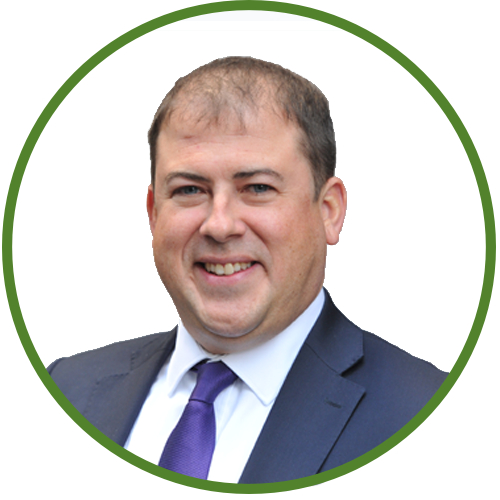Unlocking potential of all
Wake-up call anyone? I’m not talking about a friendly call rousing you from holiday slumber. I’m talking about a realisation that rattles your own personal, often too comfortable consciousness.
As board disability sponsor, I was at a recent trust equality champions meeting, hearing feedback from our first cohort of black, Asian and minority ethnic (BAME) staff who had joined a new trust programme, ‘Making it right’.
The pilot aims to address staff survey feedback about perceptions of unfairness in career progression. It provides targeted personal development support to enable BAME staff to build their voice, skills and confidence to break through in their career and worklife. No one should feel stuck, but people sometimes are.
My wake-up call came as we heard feedback from a member of my team on the ‘Making it right’ programme. She was smiling as she confidently presented to a room of many people because, like others recently completing the programme, she had just been promoted.
The shock for me was that this person had been at the same grade for nearly 20 years and had been unable to break through until now. There was no bitterness from her, she just gave a factual account of being ‘stuck’ at work for far, far too long.
Another area of focus in my trust is people coming to work with high levels of stress and anxiety. This relates in particular to disabled staff, those with long-term conditions or mental health illness and those caring for someone with a disability.
Again, we heard powerful personal stories from two clinicians, both living with long-term mental health conditions. They have found strength for themselves, and others, in feeling able to be open about who they are and the positive contribution they can bring to their work, and by being better understood and supported by colleagues.
As a trust, we have been making positive progress on equality and diversity, but progress is not enough. I hope we are starting to build a culture in our NHS, where it’s safe to bring your whole self to work. But we need to keep our eyes open, address our unconscious bias and fully understand who our colleagues are and what contribution they can make. If this can happen for every individual, then we can truly say we are making progress. And progress will be measured in improved quality of care to patients.
So, our shared equality and diversity agenda should be about defining action to improve inclusion and unlock everyone’s potential, whoever we are, whatever characteristic we have.
This is not just a frontline clinical or patient-related issue; it’s societal and affects everyone. Our support services, including finance teams, can do more to raise awareness of the unconscious bias we all carry, and create the conditions where positive action can be taken.
Understanding staff survey data is critical to targeting the right action. And team planning needs to be shaped to explicitly address local equality issues. These are just as important as delivering on your finance objectives, because you can’t deliver the technical objectives as well as you might without bringing everyone’s talents to the fore.
I leave you with this call to action. It sounds easy to do, but it’s not, and takes conscious practice. Open your eyes and challenge your thinking on how you judge others. Seek to better understand and know the people you are working with and model the leadership needed at every level to unlock and unblock people’s talent and contribution.
Think specifically about the band 7 and 8 posts as these are the jobs that enable people to progress to senior positions. Ask yourself why you may be appointing someone over another, and properly reflect on your unconscious bias.
Take the opportunity to listen to people’s personal stories and engage in new conversations. I have been reverse-mentored (by an LGBT clinician) and would recommend this process as a way to learn deeply from others’ experiences of working in our NHS.
Be the change, don’t be a bystander. We are brighter together.
Contact the president at [email protected]
Related content
We are excited to bring you a fun packed Eastern Branch Conference in 2025 over three days.
This event is for those that will benefit from an overview of costing in the NHS or those new to costing and will cover why we cost and the processes.